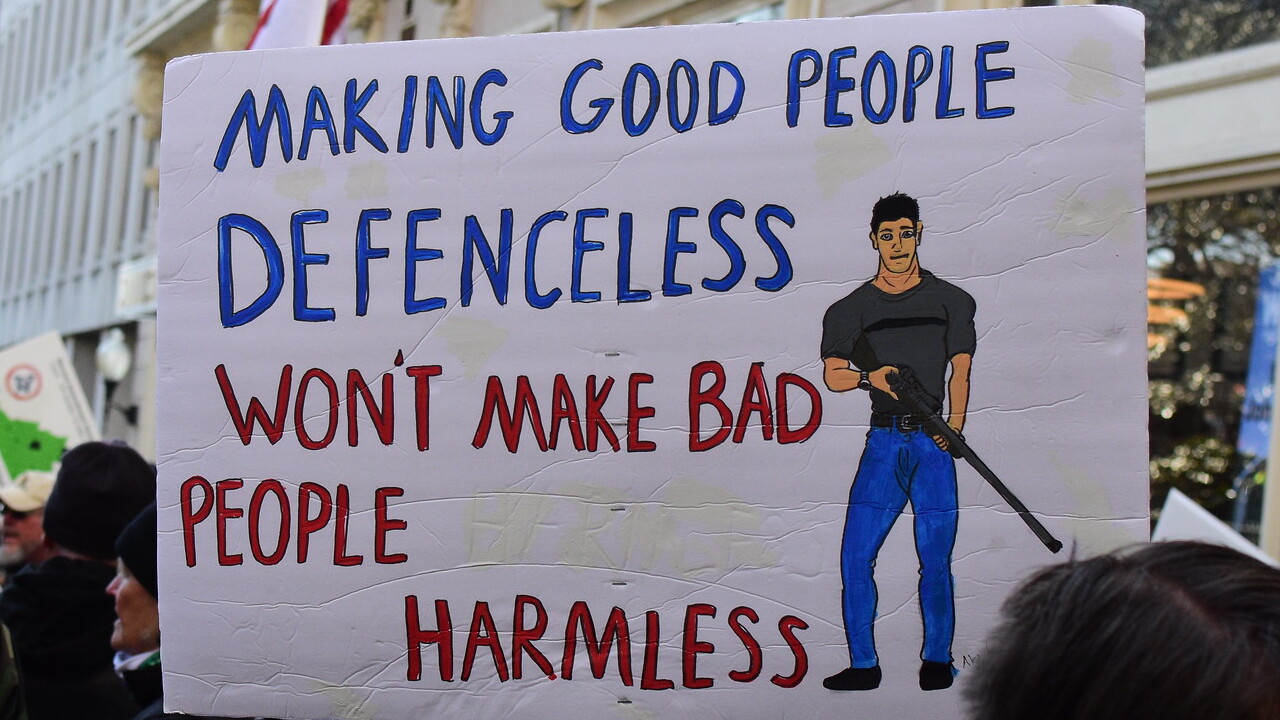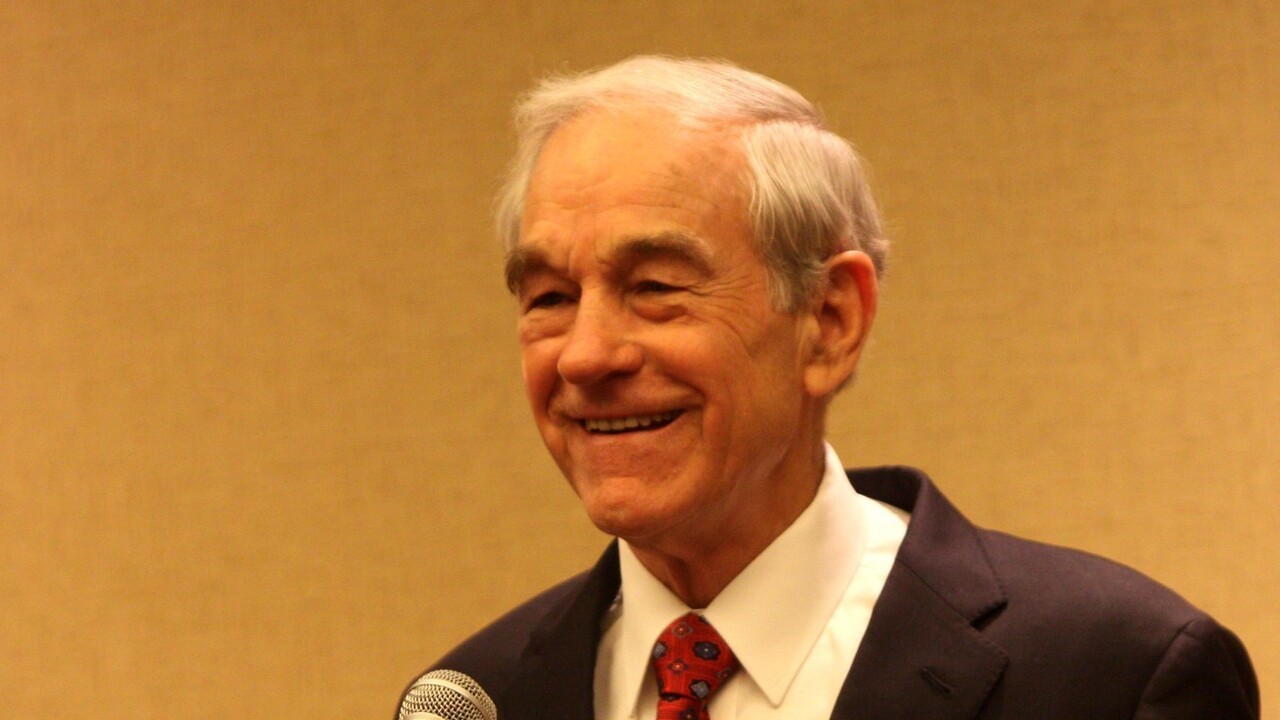On Thursday, the single greatest living American used the occasion of his 74th birthday to remind of his greatness. He did so by issuing the single piece of writing that, at least thus far, best encapsulates and defines his career as one of the most towering constitutionalists in the history of the republic.
It is unfortunate that Justice Clarence Thomas, an intellectual trailblazer of an originalist constitutional interpretive methodology who celebrated his 30-year anniversary on the Supreme Court last fall, had to date failed to pen a Court majority opinion that law students and legal practitioners could readily point to as his signature achievement — his juridical magnum opus. Much of Thomas’ most impactful, and certainly culturally salient, writings have come in dissent. He has of course had ample opportunity to write majority opinions over the span of his illustrious Court tenure, but those majority opinions have typically come in more arcane legal realms, such as habeas corpus.
All of that changed with Thomas’ 63-page majority opinion in the New York State Rifle & Pistol Association v. Bruen case, this Supreme Court term’s marquee Second Amendment case. Thomas’ majority opinion, which came a mere two days after the formal release of Michael Pack and Mark Paoletta’s new book, “Created Equal: Clarence Thomas in His Own Words,” extends a natural intellectual arc from his prior writings in this hotly contested jurisprudential area. In 2008, he signed onto the late Justice Antonin Scalia’s majority decision in District of Columbia v. Heller, which for the first time in the Court’s history established that the Second Amendment secures an individual right to possess a firearm. And he wrote a prolific concurrence in the 2010 McDonald v. City of Chicago case, which “incorporated” the Second Amendment substantive gun-owning right against the 50 states.
But for many years following McDonald, Second Amendment activists were abandoned and hung out to dry. The Court repeatedly denied writs of certiorari in gun cases, refusing to provide unifying clarity as to the scope of the substantive individual “right to keep and bear arms” the Court had secured in Heller and McDonald. Thomas himself frequently dissented from the Court’s denials of certiorari, objecting to the Court’s post-McDonald treatment of the Second Amendment as a “second-class right.”
In Bruen, Thomas was vindicated. The Court invalidated New York state’s impermissibly restrictive licensing regime, which required an applicant to demonstrate “proper cause” simply in order to carry a concealed handgun outside the home — in other words, fulfill the “bear” component of the Second Amendment’s textually straightforward “right to keep and bear arms” provision. Many of the post-McDonald “tests” that the lower courts have devised in the absence of the Supreme Court’s clarity on the subject, such as the U.S. Court of Appeals for the Ninth Circuit’s infamous “two-step” test that amounts to a mere means-end balancing test justifying a slew of restrictive gun control measures, are now jeopardized. More specifically, the Court’s ruling only implicates the “may-issue” concealed carry licensing regimes that are employed by six blue states; “shall-issue” and constitutional carry states, which now predominate due to conservative political victories in this space, are untouched.
The conclusion of Thomas’ majority opinion returned, as expected, to first principles: “We know of no other constitutional right that an individual may exercise only after demonstrating to government officers some special need. That is not how the First Amendment works when it comes to unpopular speech or the free exercise of religion. It is not how the Sixth Amendment works when it comes to a defendant’s right to confront the witnesses against him. And it is not how the Second Amendment works when it comes to public carry for self-defense.”
That entirely logical and commonsensical sentiment commanded a six-justice majority in Bruen. Justice Stephen Breyer, on behalf of the Court’s three liberals in dissent, was forced to rely upon tendentious invocations of recent gun-related tragedies and a banal recitation of other Democratic National Committee-style gun control talking points. It represents an ignominious swan song for the soon-to-be-retiring Clinton appointee.
The Bruen opinion is also a particularly welcome development, given that it was rendered on the same day that 15 Republican senators joined forces with Democrats to break a filibuster on the Senate’s misguided piece of “compromise” gun legislation, the Bipartisan Safer Communities Act. By all accounts, that bill, which includes such noxious provisions as federal taxpayer subsidization of states’ “red flag” laws, now appears headed for passage. That is deeply unfortunate, but gun rights enthusiasts can take solace in the fact that Bruen’s logical extension of the Second Amendment individual right found in Heller represents a bigger long-term development for the country.
God Bless Justice Clarence Thomas. And as the case may be, he may have the chance to one-up his Bruen handiwork and establish a new “career-defining magnum opus” majority opinion just next term: The constitutionality of race-conscious affirmative action programs, a longtime Thomas bugaboo, will then be on the Court’s chopping block.
PHOTO: Virginia 2nd Amendment Rally. Photo by Anthony Crider. Attribution 2.0 Generic (CC BY 2.0).
Josh Hammer is opinion editor of Newsweek, a research fellow with the Edmund Burke Foundation, counsel and policy advisor for the Internet Accountability Project, a syndicated columnist through Creators and a contributing editor for Anchoring Truths. A frequent pundit and essayist on political, legal and cultural issues, Josh is a constitutional attorney by training and the co-host of two podcasts: Newsweek's "The Debate" and the Edmund Burke Foundation's "NatCon Squad."
An outspoken conservative, Josh opines on conservative intellectual trends, contemporary domestic and foreign policy debates, constitutional and legal issues, and the intersection of law, politics and culture. He has been published by many leading outlets, including the Los Angeles Times, the New York Post, Newsweek, National Affairs, American Affairs, The National Interest, National Review, City Journal, First Things, Public Discourse, Law & Liberty, Tablet Magazine, Deseret Magazine, The Spectator, The American Conservative, The American Mind, American Greatness, American Compass, Anchoring Truths, Townhall, The Epoch Times, The Daily Wire, Fortune, Fox Business, Pairagraph, The Jerusalem Post, The Times of Israel, The Forward, Jewish Telegraphic Agency and the Jewish Journal. He has had formal legal scholarship published by the Harvard Journal of Law & Public Policy and the University of St. Thomas Law Journal.
Josh is a college campus speaker through Intercollegiate Studies Institute and Young America's Foundation, as well as a law school campus speaker through the Federalist Society. Prior to Newsweek and the Daily Wire, where he was an editor, Josh worked at a large law firm and clerked for a judge on the U.S. Court of Appeals for the Fifth Circuit. Josh has also served as a John Marshall Fellow with the Claremont Institute.
Josh graduated from Duke University, where he majored in economics, and from the University of Chicago Law School. He lives in Miami, but remains an active member of the State Bar of Texas.






